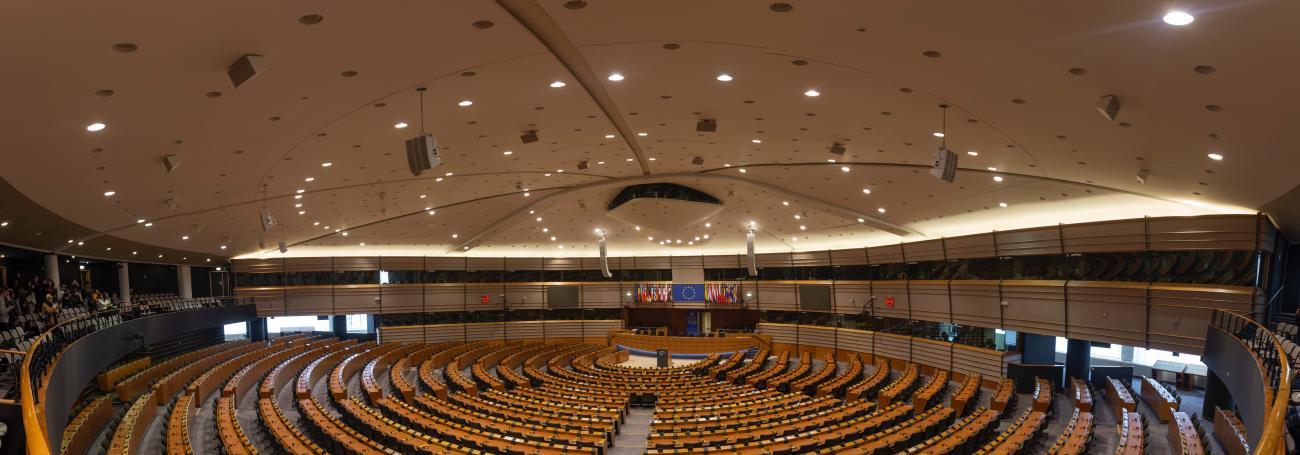Based on the revision of the previous Recommendation on penal mediation, in October 2018, the Council of Europe (CoE) adopted the most advanced and innovative international legal instrument in the field of restorative justice.
The CoE Recommendation on restorative justice outlines several ways in which governments and criminal justice agencies can employ restorative justice principles and practices to help maximise the effectiveness of their victim and offender interventions, meet international justice standards and change systemic and institutional cultures. The Recommendation advocates for the use of restorative justice in all stages of criminal procedures and in all types of crimes; it provides evidence-based standards for implementing and delivering restorative justice in practice; argues for cultural change towards a more restorative approach to crime and criminal justice at all levels of policy and practice; it promotes innovative use of RJ outside the criminal procedure (probation, prison). The limitation of this document is its not binding nature.
The European Forum for Restorative Justice (EFRJ), represented by our Chair Tim Chapman, our director Edit Törzs, and founder Ivo Aertsen, had an important consultancy role during the meetings of the Council of Europe PC-CP (Council for Penological Co-operation) and in the exchanges with Ian Marder, the appointed expert for revising the 1999 Recommendation concerning mediation in penal matters.
You can read more about the (making of) the Recommendation(s) on two articles written by Christa Pelikan, Ivo Aertsen and Ian Marder for the EFRJ Newsletter (pp. 2-7, published in June 2018) and in the article written by Ian Marder and Tim Chapman for the CEP Newsletter (published in November 2017). Also, you can watch the panel discussion on “The role of international instruments for restorative justice” during the 10th international conference of the EFRJ in Tirana.
The European Forum for Restorative Justice drafted and is sending out to all CoE Member States country specific policy briefs on the potential impact of the recommendation in the countries.
Get the Recommendation in other languages →
Access the revised (2018) Council of Europe Recommendation and its commentary →



